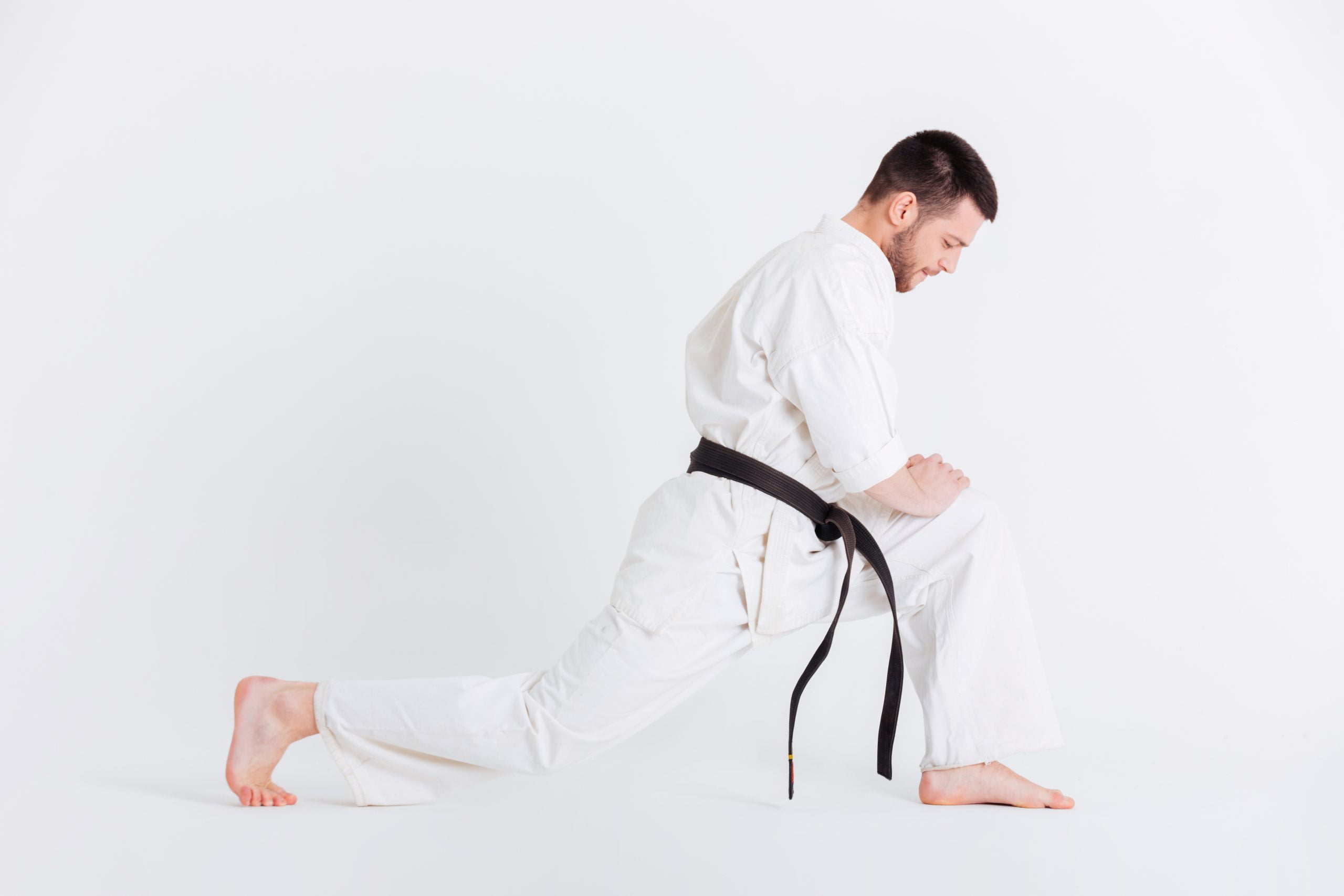Disaster Preparedness & Prepping: Home Defense Essentials – Protecting Your Family During a Crisis
Introduction to Disaster Preparedness
Preparing for disasters is an essential aspect of ensuring the safety and well-being of your family. It’s crucial that you take steps to protect yourself, your loved ones, and your property in case of any emergency or crisis situation. Being prepared can help reduce stress, anxiety, and fear during difficult times.
One critical component of disaster preparedness is home defense. You need to ensure that your house is secure from potential intruders who may try to enter during a crisis. Here are some essentials for protecting your family during a crisis:
1. Secure Your House: Make sure all doors and windows have strong locks and deadbolts. Install security cameras and motion sensors to detect any unauthorized entry.
2. Have a Plan: Develop a plan with your family members on how to respond to different types of crises. Decide on safe zones within your house and practice drills regularly.
3. Self-Defense Training: Learn self-defense techniques such as martial arts or get professional training in firearms use. Knowledge of these skills will give you confidence and peace of mind.
4. Firearms: Keep legal firearms in your house for protection against intruders. Ensure they are safely stored away from children and only accessible by authorized individuals.
5. Emergency Contacts: Keep emergency contact numbers handy including law enforcement agencies, medical services, and utility companies.
Prepping for Specific Disasters (Hurricanes, Earthquakes, Floods, etc)
Depending on where you live, there are specific disasters that require special preparation. For example, if you live in hurricane-prone areas, you should prepare for storm surges, high winds, and flooding. Similarly, earthquake-prone regions require preparations for power outages, landslides, and building collapses. Here are some tips for prepping for specific disasters:
1. Research: Find out what type of natural disasters are common in your area and research how best to prepare for them.
2. Build a Kit: Create a basic emergency kit containing supplies such as food, water, first aid equipment, flashlights, and extra batteries. Customize it based on the specific disaster you are preparing for.
3. Plan Evacuation Routes: Identify evacuation routes and safe places to shelter during different disaster scenarios. Practice evacuating with your family regularly.
Building a Basic Emergency Kit
A basic emergency kit is essential for surviving during a crisis. Here are some items to include in your kit:
1. Water: Store at least one gallon of water per person per day. Include purification tablets or filters to make contaminated water potable.
2. Food: Pack non-perishable food items like canned goods, energy bars, and dried fruits. Avoid foods that require cooking or refrigeration.
3. First Aid Supplies: Include bandages, antiseptic wipes, pain relievers, and other necessary medicines.
4. Flashlights/Batteries: Keep multiple flashlights and spare batteries in your kit.
5. Communication Devices: Include a portable radio, chargers for electronic devices, and extra phone batteries.
Importance of Self-Defense Training and Firearms in Home Defense
Self-defense training and owning firearms are crucial components of home defense. They provide you with the ability to protect yourself and your family from harm. However, it’s vital to receive proper training before using either of these tools. Seek professional guidance on how to handle firearms safely and learn effective self-defense techniques.

Conclusion: Final Thoughts on Disaster Preparedness
Being prepared for disasters requires effort and planning. By taking proactive measures, you can minimize risks to your family and property during challenging situations. Remember to stay informed about potential hazards in your region, create a disaster plan, build an emergency kit, and practice regular drills. Stay vigilant and always be ready for anything!